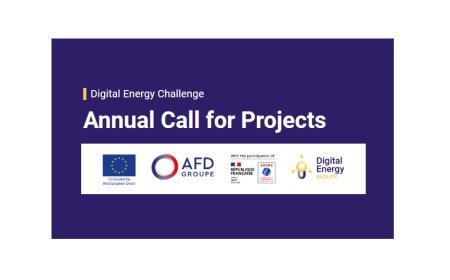Sharpening Your Focus: Enhancing Attention and Listening Skills for Both In-Person and Virtual Learning Environments

In today's educational settings, the ability to focus and listen attentively is more crucial than ever, whether you're attending classes in a traditional classroom or participating in virtual lectures. Strengthening these skills not only improves academic performance but also fosters effective communication and critical thinking. In this article, we explore practical strategies to enhance attention and listening skills, tailored to both in-person and online learning contexts.
Recognizing the Significance
Understanding the importance of attention and listening skills is the first step towards mastering them. These skills are fundamental for absorbing information, actively engaging in discussions, and building meaningful connections with instructors and peers. Moreover, they serve as the foundation for effective learning and academic success in any environment.
Strategies for In-Person Classes
1. Sit Strategically:
Choose a seat in the classroom that minimizes distractions and allows you to focus on the instructor and visual aids. Opting for a front-row or center-seat position can enhance your concentration and engagement.
2. Actively Participate:
Engage in class discussions, ask questions, and offer your insights on the subject matter. Active participation not only reinforces learning but also encourages attentiveness and critical thinking.
3. Use Visual Cues:
Maintain eye contact with the instructor and observe their body language for cues about important information or transitions. Visual cues can help you stay focused and connected during lectures.
4. Practice Mindfulness:
Incorporate mindfulness techniques, such as deep breathing or brief meditation, to center your attention during class. Taking moments to refocus your mind can enhance your ability to absorb and retain information.
Strategies for Online Classes
1. Create a Dedicated Workspace:
Set up a quiet, well-lit workspace free from distractions for attending online classes. Minimize background noise and ensure that your technology is functioning smoothly to optimize your learning environment.
2. Utilize Interactive Tools:
Take advantage of interactive features such as chat boxes, polls, and virtual hand-raising to actively engage with instructors and peers. Participating in online discussions fosters attentive listening and enhances your understanding of the material.
3. Manage Screen Time:
Limit exposure to digital distractions by scheduling regular breaks and incorporating offline study activities. Balancing screen time with offline activities promotes sustained focus and prevents fatigue during online classes.
4. Practice Active Listening:
Demonstrate active listening by paraphrasing information, asking clarifying questions, and providing feedback during online discussions. Actively engaging with the material and your peers fosters deeper comprehension and retention.
Universal Strategies
1. Set Clear Objectives:
Establish specific learning goals for each class session to guide your focus and participation. Having clear objectives helps you stay on track and maximize your learning outcomes.
2. Prioritize Self-Care:
Maintain a healthy lifestyle by prioritizing sleep, exercise, and nutritious meals to support cognitive function and overall well-being. Taking care of your physical and mental health enhances your ability to concentrate and learn effectively.
3. Seek Feedback:
Regularly seek feedback from instructors and peers on your attention and listening skills. Constructive feedback provides valuable insights for improvement and helps you refine your learning strategies.
Conclusion
Enhancing attention and listening skills is essential for success in both in-person and online learning environments. By implementing the strategies outlined in this article and maintaining a proactive approach to learning, you can sharpen your focus, deepen your understanding, and achieve academic excellence regardless of the mode of instruction. Remember, consistent practice and a commitment to continuous improvement are key to mastering these essential skills.
What's Your Reaction?












































































![Watch: The Butterfly Circus [Short Film] featuring Nick Vujicic](https://blog.elfglobal.org/uploads/images/202405/image_430x256_6654b9bc69c46.jpg)











![Watch: The Butterfly Circus [Short Film] featuring Nick Vujicic](https://blog.elfglobal.org/uploads/images/202405/image_140x98_6654b9bc76b8e.jpg)





